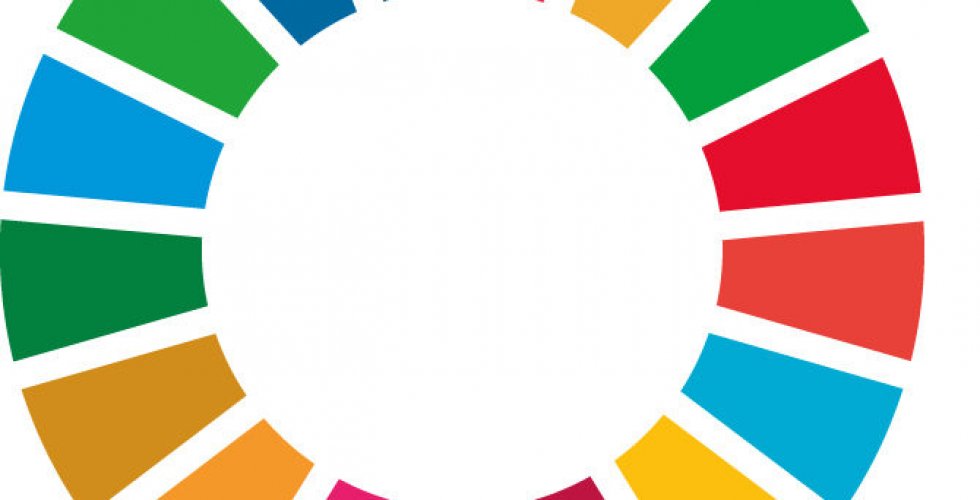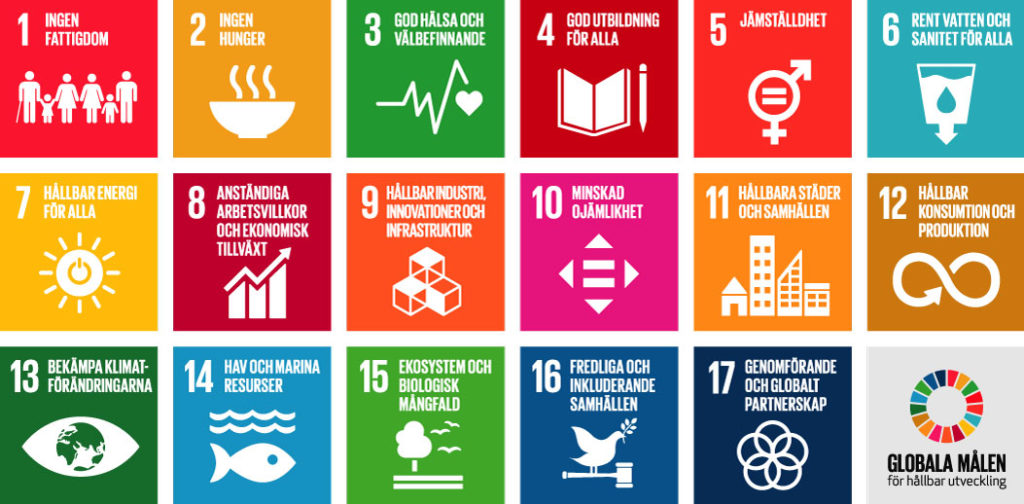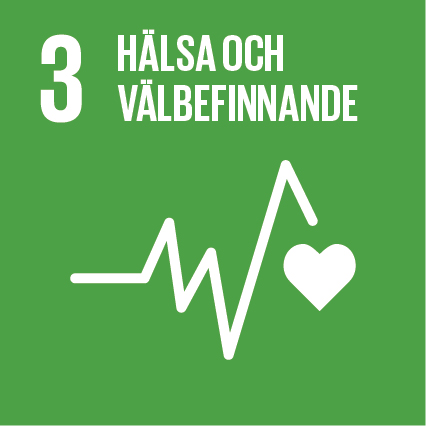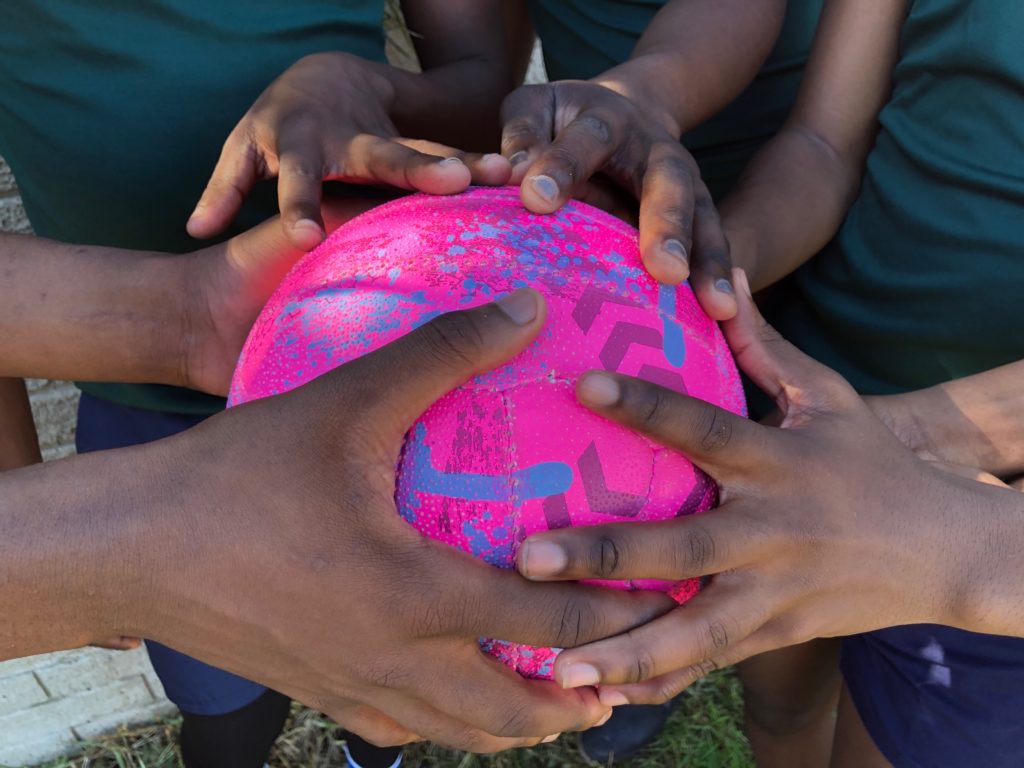
UN’s Sustainable Development Goals and sports
The aim of Agenda 2030 is that all people should be able to live their lives to the fullest and be able to reach their full capacity. All of the world's countries have agreed that no one should be left behind and that efforts that focus on the groups that are furthest behind should be prioritised.
This text is primarily aimed at you who are active within sports, at a decision-making level, as a trainer or otherwise active.
UN’s Sustainable Development Goals is the most ambitious agenda that the countries of the world have ever adopted and aims at achieving four things before 2030: To abolish extreme poverty, lessen inequalities and injustices in the world, to promote peace and justice and to solve the environmental crisis.
Agenda 2030 presupposes that all people will be able to live their lives to the fullest and be able to use their maximum capacity. All countries of the world have agreed that no one should be left behind and that efforts focused on those who are farthest behind are prioritized.
The sustainability goals touch upon most parts of a person’s life, and the community that we share. None of the 17 goal areas are more important than the others and all goals must be worked on simultaneously.

Goal areas that are affected by sports being inclusive
Goal areas that are affected by the project Idrott för alla kroppar and the inclusion of trans people in sports are among others abolishing poverty, securing health and well-being, education and life-long learning, equality, access to water and sanitation, economic growth and access to work, decreased inequality and making cities inclusive and safe.
The possibility of doing sports of course affects a person’s health. It also directly affects a person’s opportunity to take part in and being a part of civil society and citizen associations.
We also know that exercise and sports improve both physical and mental health, which in turn leads to better results in school, at work, a higher income and a more independent life.
On March 22 2019, UN’s Human Rights Council in Geneva adopted a resolution that expressed concern over discriminatory rules and practices that force some athletes to medically lower their testosterone levels. The resolution was presented by South Africa, that requested a report ”on the intersections between race and gender discrimination in sports”.
In the UN report ”Protection against violence and discrimination based on sexual orientation and gender identity” dated July 17 2019 it’s established that programs aimed at a more inclusive sports movement is of exceptional value. In the recommendations it also says that states are to promote partnerships between actors in the field of sports.
The current situation
Trans people in Sweden currently have a lower income than the population in general, according to studies that have been made regarding trans people’s health and living conditions. The lower income can among other things be connected to a higher incidence of unemployment, sick leave, and mental ill-health.
Over half of the respondents in the largest study that has been made were low-income earners with incomes lower than 14 000 SEK per month. In the same study, it’s reported that only 19% of the respondents engaged in 30 minutes of physical activity per day, compared to 66% of the population in general, and that it was more common among the respondents to be sedentary during leisure time than among the population in general.
This shows that trans people are an especially relevant target group to reach in order not to leave anyone behind in the work for good and equal health in accordance with the Swedish public health goals and Agenda 2030.

HEALTH AND WELL-BEING: Good health is a basic prerequisite for people’s ability to reach their full potential and contribute to the development of society. People’s health are affected by economic, ecologic and social factors and goal 3 includes all dimensions and people of all ages.
RFSL believes that…
RFSL believes that all Sweden’s cities and communities need to be more inclusive, that all people, regardless of body, should have access to sports centers and gyms and water and sanitation such as shower rooms and lavatories.
That trans people’s possibility of partaking in sports is an issue of equality.

